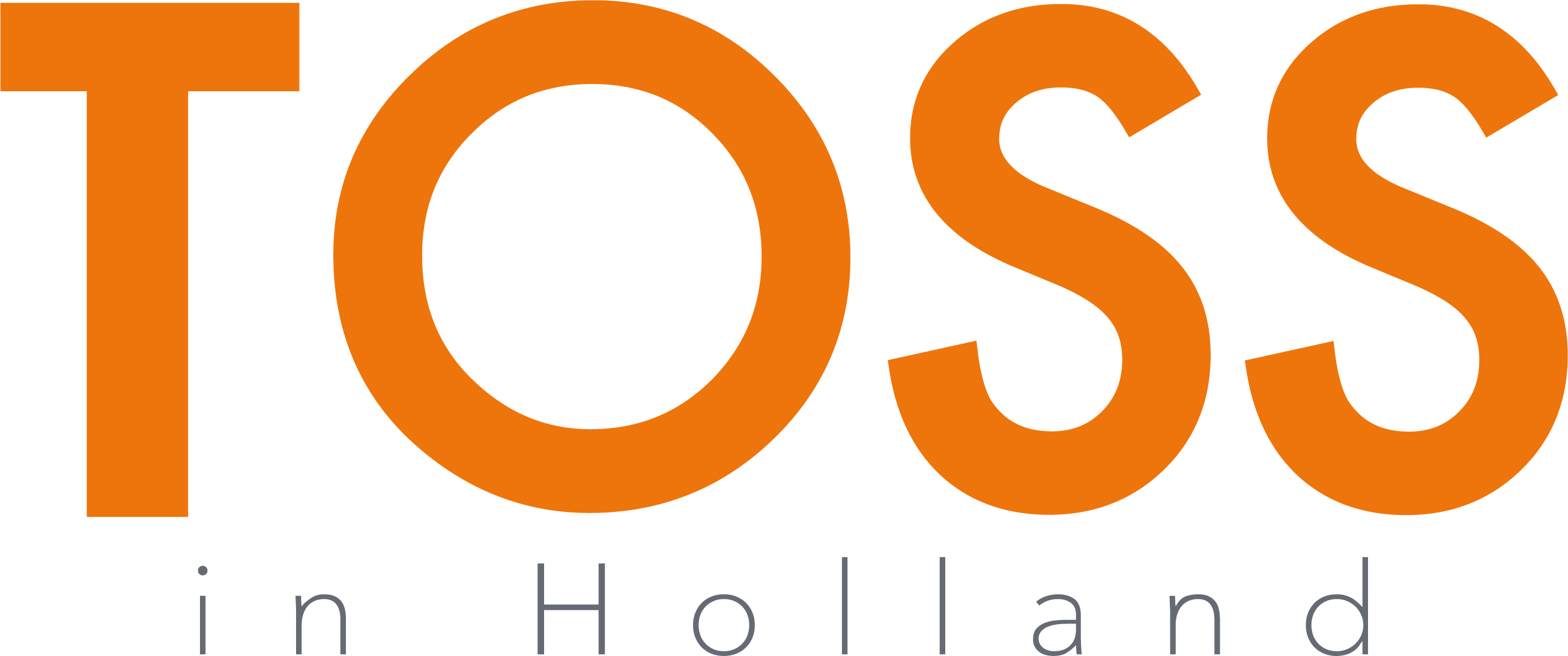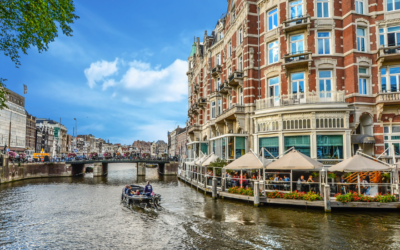Expecting a baby in the Netherlands
Congratulations, you are expecting a baby in the Netherlands! You are probably already making many arrangements: from buying the diapers to decorating the baby’s room. Naturally, you want to be as well prepared with everything as possible, so it can be a little overwhelming to be expecting a baby in a country where care is arranged differently than in your home country. But don’t worry, TOSS will help you with this. Read below about what you should prepare for if you are expecting a baby in the Netherlands.
4 things you need to arrange before the birth
Everything you have to make arrangements for ahead of time, before the delivery.
1. Health insurance
If you live and work in the Netherlands, you are obligated to take out a basic health insurance. During pregnancy, childbirth and post-partum period, you often incur extra costs. It is therefore good to check what your insurance covers. If there are services missing, you can take out additional coverage or change insurers at the end of the calendar year. This way you can avoid unexpected extra costs.
2. Arranging maternity care
Maternity care is there for you right away after the birth of your baby. For example, the maternity nurse comes to your home for the first few days after birth to guide you and your partner. They can assist with things such as taking care of the skin, and washing and feeding your baby. We recommend arranging for maternity care well before the birth of your baby. Around the 10-week mark, for example, or after the first ultrasound.
Tip: Check with your healthcare insurer to see which maternity agencies they have contracts with. Often you can receive a small reimbursement.
3. Arranging for childcare and school
It will take a few more months or even years but, it is good to be on time with this. In busy cities such as Amsterdam, Rotterdam and Utrecht, childcare and primary schools often have waiting lists. Therefore, look for suitable schools and facilities and ask the relevant organization if there is a waiting list.
4. Request leave
In the Netherlands you are entitled to leave before and after childbirth. This refers to two types of leave: pregnancy leave and maternity leave. In total, you are entitled to at least 16 weeks of leave.
Pregnancy leave
You are entitled to 6 weeks of pregnancy leave. Less than 6 weeks is also allowed, but you are obligated to go on maternity leave no later than 4 weeks before your due date. Any unused weeks will then be added to your maternity leave.
You arrange pregnancy leave with your employer. Your employer may not reject the leave. In addition, you decide when you tell your employer that you are expecting a baby. The sooner, the better. As soon as your employer is aware, you are legally entitled to extra protection. You must declare your leave no later than 3 weeks before the start of your leave.
Maternity leave
You are entitled to at least 10 weeks of maternity leave. The maternity leave starts the day after your baby’s birth. If you have taken less than 6 weeks of pregnancy leave, the remaining weeks will be added to the maternity leave. Suppose you have 4 weeks of pregnancy leave before you give birth, then you can add the remaining 2 weeks to your maternity leave. Your maternity leave will then last a total of 12 weeks.
Leave for your partner
Your partner is also entitled to leave. After giving birth, your partner is entitled to a maximum of 5 days of paid paternity leave. In addition, since July 1st, 2020 it has been possible to receive additional paternity leave. This lasts 5 weeks with a payment benefit of 70% of the (maximum) daily wage.
Optional: parental leave
In addition to the maternity leave, it is possible to take parental leave. This applies to you and your partner. The duration of the leave is 26 times the number of working hours per week. Parental leave is completely unpaid under Dutch law, but some employers choose to continue to pay part of the salary. It is good to contact your employer about this.
Will your child be under the age of 1 on August 2nd, 2022? Then you are entitled to the new parental leave scheme. You will have 9 weeks of parental leave with a wage payment of 70% of the (maximum) daily wage.
5 things you need to arrange after giving birth
Everything you have to make arrangements for after the delivery.
1. Make a birth declaration
Your child does not yet have proof of identity after giving birth to them. For this reason, you must register the birth of your child within a maximum of 3 days after delivery. You do this at the municipality in which your child was born. After this you will receive a birth certificate from the registrar. The birth certificate is a legal proof of the birth of your child. Without a birth certificate, your child has no identification and you cannot insure them, register for schools or request an ID for them later.
2. Notifying insurance companies
Children are insured free of charge in the Netherlands until the age of 18. For this reason, you must inform your insurers about the birth of your child. This must be done within 4 months after delivery. With the following insurances you must report that you have given birth to a child:
- Health insurance
- Travel insurance
- Funeral insurance
In addition to the above insurances, you also have insurance policies where children are insured as standard procedure if you have family coverage. Check this with the following insurance policies:
- Liability insurance
- Legal expenses insurance
3. Applying for the child benefit
The Dutch government contributes quarterly to the costs associated with raising a child. You request this after the birth via www.svb.nl. If you have other children under the age of 18, you can also apply for this for them. If you later give birth to a second child, the child benefit is automatically calculated.
4. Request a supplementary child budget
This is a monthly contribution on top of the child benefit. Not everyone is entitled to this. To be eligible for the supplementary child budget, you must meet certain requirements, for example:
- A maximum level of (joint) income
- A maximum worth of (joint) assets
- A Dutch nationality or a valid residence permit
You can request the supplementary child budget via www.toeslagen.nl.
5. Request a childcare allowance
Are you going to use childcare in the Netherlands? The Dutch government will help cover your costs by means of an income-related allowance. For this, you and your partner must each meet at least one of the following requirements:
- You or your partner works
- You or your partner are enrolled in a training course
- You or your partner are on a path to work
- You or your partner are enrolled in an integration course
You can apply for childcare allowance via www.toeslagen.nl.
You can easily request the above benefits and allowances online using your DigiD. Don’t have a DigiD yet? Read our blog to request this!
In short, if you are expecting a baby, you have a lot to arrange. Hopefully you now know what to do. TOSS wishes you a lot of luck and fun with the little one.
Want to know more or need help? Contact us!














